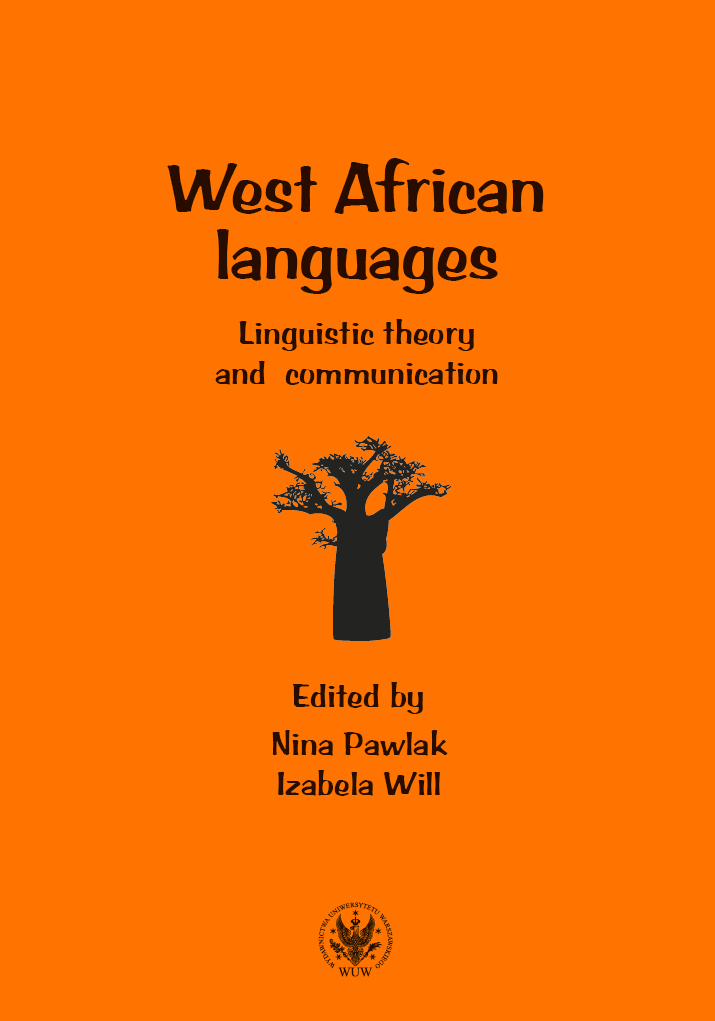Linguistic repertoires of refugees in Internally Displaced Peoples’ (IDP) camps in North East Nigeria
Linguistic repertoires of refugees in Internally Displaced Peoples’ (IDP) camps in North East Nigeria
Author(s): Judith A. Mgbemena
Subject(s): Theoretical Linguistics, Applied Linguistics
Published by: Wydawnictwa Uniwersytetu Warszawskiego
Keywords: Linguistic repertoires; violence; language mobility; Internally Displaced Persons; language starvation; language endangerment
Summary/Abstract: Violent crises orchestrated by the activities of an Islamist extremist group in Nigeria, Boko Haram, besides resulting in the destruction of lives and properties in many communities in North East, Nigeria, contribute significantly to mobility of languages. A vast number of survivors who fled from the volatile areas inadvertently moved to different refugee camps designated by the Nigerian government as Internally Displaced Persons (IDP) camps. Given the fact that the linguistic ecology of North East Nigeria is extremely diverse, the situation where people from diverse linguistic backgrounds co-habit in camps under austere conditions would yield to some sociolinguistic issues including language politics and language endangerment, among others. The IDP camps attract the attention of international agencies such as UNHCR and national groups who send their representatives for sundry purposes. The language of the visitors is often a global language, English, whereas the displaced people in the camps are from diverse linguistic backgrounds with Hausa as the most popular language. In this situation, some persons in the camp are bound to encounter some language and communication challenges. Using some principles from Ecolinguistics, this study examined the linguistic repertoires of people living in some selected IDP camps in North East Nigeria. The instrument for data collection were interviews, observation and focus group discussions. The information from the study highlights the challenges of the traumatized persons who are grappling with communication challenges, the diverse sociolinguistic issues derived from the linguistic practices and the precarious situation of the languages on the move. The information from the study directs attention to the current trends in the bustling linguistic ecology of Nigeria and the need to take proactive measures to maintain the rich cultural heritage.
Book: West African languages. Linguistic theory and communication
- Page Range: 266-278
- Page Count: 13
- Publication Year: 2020
- Language: English
- Content File-PDF

